2022 Budget Comparison
Key Differences Between Introduced Budget and House Proposal for the Biennial Budget
Tax Policy
Earned Income Tax Credit — The introduced budget provides a refund of up to 15 percent of the federal Earned Income Tax Credit. The House proposal does not include this.
Military Retirement Tax Credit — The introduced budget did not include tax breaks for military retirement benefits. The House proposal includes phased in tax exemptions starting in tax year 2022 for the first $20,000 in military retirement income, which increases to $30,000 in 2023, and $40,000 in 2024. This plan is established in HB1128, which I supported.
Grocery Tax — The introduced budget includes $370 million to eliminate the state’s share of the sales tax on groceries and hygiene products but maintains the local portions of the sales tax on those items. The House proposal includes over $1 billion to eliminate the state’s share of the sales tax and backfills local revenue from them, effectively eliminating those sales taxes at the local level as well.
Standard Deduction — The introduced budget does not change the standard tax deduction, while the House proposal doubles the standard deduction.
One-Time Rebates — The introduced budget includes over $1 billion for one-time tax rebates of $250 for individuals and $500 for couples. The House proposal includes more than $1.2 billion for rebates of $300 for individuals and $600 for couples.
Health Care
Medicaid Reforecast — The introduced budget allocates $910.9 million for Medicaid and the Family Access to Medical Insurance Security Plan (FAMIS). The House proposal includes $493.5 million.
DD Waivers — The introduced budget funds an additional 1,200 developmental disability (DD) waivers and includes $333 million for increased reimbursement rates for DD waiver services. The House proposal funds the same number of waivers and includes $415 million for DD waiver services.
PreK-12 Education
Salary Increases — The introduced budget includes $751 million to provide the state share of a 5% increase each year for teachers. The House proposal includes $682.6 million for a salary increase of 4% and a 1% bonus each year.
School Construction and Modernization — The introduced budget includes $500 million for one-time grants to localities for school construction, renovation, and other repairs. The House proposal includes $291 million to create a Construction Loan Rebate Program, which would provide competitive loan rebate grants.
Per-Pupil Funding — The introduced budget allocates $7,741 per student in 2023 and $7,466 in 2024. The House proposal includes $7,243 per pupil in 2023 and $7,437 in 2024.
At-Risk Add-On — The introduced budget includes $268.5 million for supplemental funding to school divisions with low-income families. The House proposal includes 58.3 million.
Lab Schools — The introduced budget does not include funding for lab schools. The House proposal allocates $150 million in one-time funding for a College Partnership Laboratory Schools Fund.
Early Childhood and Pre-K Funding — The introduced budget includes $44.3 million for early childhood and preschool programs, including expanding the Virginia Preschool Initiative for 3-year olds. The House proposal provides $6 million, and does not expand the Virginia Preschool Initiative to 3-year olds.
Higher Education
Financial Aid — The introduced budget includes $167 million for need-based undergraduate financial aid. The House budget includes $25 million.
Housing
Housing Trust Fund — The introduced budget increases funding for the Virginia Housing Trust Fund by $190 million. The House proposal eliminates this increase.
Transportation
The introduced budget includes $207.2 million for transportation-related infrastructure and trails. The House proposal includes $61.7 million.
Public Safety
Violence Prevention — The introduced budget provides $26.4 million for the creation of a Virginia Center for Firearm Violence Intervention and Prevention. The House proposal includes $5 million to establish the Operation Ceasefire program.
Training and Equipment — The introduced budget does not include any additional money for law enforcement training and equipment, while the House proposal includes $100 million.
Law Enforcement Compensation — The introduced budget includes $235 million for additional compensation for Virginia criminal justice salaries, including state police, local law enforcement, correctional staff, and judicial staff. The House budget includes $214 million.
Building A More Welcoming And Inclusive Virginia
Language Access — The introduced budget provides $12 million to state agencies to improve language access. The House proposal includes $6 million.
Assistance to Refugees and Immigrants — The introduced budget includes $8 million for grants to assist refugees and low-income Virginians who are limited English-proficient with accessing critical services. The House budget cuts this program. When the House was debating the budget, I spoke about the need to include this funding in the House proposal. You can see my remarks here.
